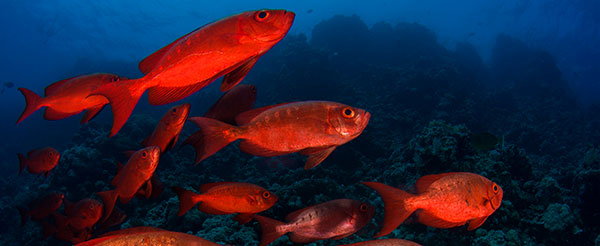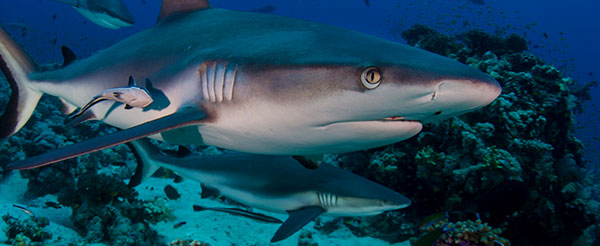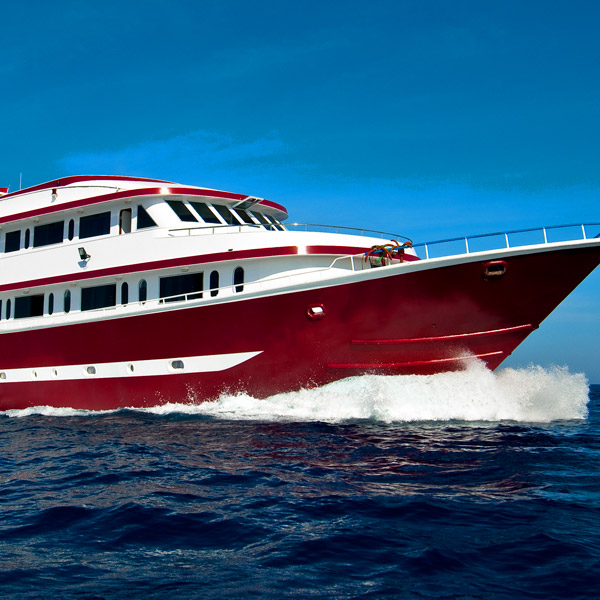Frequently asked questions about Sudan
Which time zone is Sudan in?
Central-European time zone + 2 hours. There is no summer/winter savings time since 2011.
What is the weather like in Sudan?
Sudan’s northern region has a dry, desert climate while in the south-western region the wet-dry tropical climate is more dominant. There are no big variations in the temperatures between regions but rather in the amount of precipitation and in the length of the dry season. Between January and March the dry north-eastern winds dominate. However the south-western winds arrive in the beginning of April, bringing heavy rains. In September the dry north-eastern winds pick up strength again, pushing southward, covering the entire country. The rainy season in Khartoum lasts from July to September with annual precipitation of 161mm. The warmest months are May and June when temperatures can reach 48°C. Port Sudan’s climate is dry where summers are very hot and winters are moderately warm. Temperatures in the winter can reach 30°C and 45°C in the summer. Ninety percent of the annual rain fall is between October and January, especially in November. Port Sudan enjoys 3200 sunny hours annually.
Sudanese taxes and fees
The Sudanese taxes are payable in advance along with the safari rates. The Sudanese visa fee is payable in USD in cash (the exact amount) onboard upon arrival. (Only cash payments are accepted.)
What kind of clothes to wear in Sudan?
Thanks to the warm weather, light clothes made of cotton, skirts, shorts, short-sleeve T-shirts and blouses, flip-flops and sandals are the best choice. Hats, sunglasses and tanning lotion (with minimum SPF30) are also important. It is recommended to stay indoors or in the shade during the noon hours. Compared to Egypt, the ”regulations” concerning clothing in Sudan are stricter. In towns like Port Sudan or Suakin or in the harbour, it is recommended to wear clothing that is at least below the knees and covers the shoulders. The rules in religious or holy places are even stricter and girls and ladies must cover their heads. Onboard Cassiopeia and Andromeda light, comfortable clothing is acceptable. In the evening a light sweater or cardigan may come handy but during the day bathing suits, shorts and T-shirts are quite acceptable.
What is Sudanese cuisine like?
It is similar to Egyptian cuisine, very versatile, delicious and rich in fresh vegetables. The main meals are made of beef and mutton and fresh fish is often used in the coastal regions and soups are also an important part of daily meals. At the markets, vendors’ stands are ladended with gorgeous fresh fruits. Egyptian chefs prepare the meals onboard Cassiopeia and Andromeda and their heritage is reflected in the delicious meals they prepare for the buffet-style servings three times a day. The menu includes soups, fresh salads, meats, side dishes and sweets which are also available during the day along with fresh fruits. (Pork is not widely available in Sudan because of religious reasons.)
What is the electrical current like in Sudan?
There is 220v current with European-style plugs. There are electrical plugs in every cabin and in the common areas and also there is a separate charging station on the main deck where phones, laptops, cameras and batteries can be charged.
Is vaccination needed for travelling to Sudan?
It is recommended but not mandatory for travellers to Sudan to get vaccination against: Hepatitis A (high risk of contagion), Hepatitis B (moderate risk of contagion), Typhus and rabies. However it is mandatory to get the vaccination against yellow fever if you enter Egypt after your stay in Sudan.
Haggling (bargaining) in Sudan
Haggling in Sudan, just as in Egypt, is a must. Everyone bound for shopping should be prepared for a ”dispute” lasting anywhere from 1-2 minutes to half an hour but ultimately ending in a successful shopping experience. There are rules to haggling. One of them is to say the amount that is half of the actual amount you would be willing to spend. Onboard our vessels all prices are fixed and they are not subject to bargaining.
Sudanese consular offices
Look for a Sudanese Embassy of Consular Office in your country or nearest you.
Telephone
Mobile phones can be used in Sudan. Contact your local mobile service provider for rates and details.
Opening hours
Most shops are open from 10 o’clock in the morning until as late as midnight sometimes. Banks are closed on Fridays and Saturdays. On Sundays and during Ramadan they are open between 10 o’clock in the morning and 13:30 in the afternoon. On all other days they are open between 8:30 in the morning and 13:30 in the afternoon.
Holidays
Friday is the official day off and in some offices Saturday as well. One of the most important holidays are the last 2-3 days at the end of the Ramadan month and the feast 70 days later.
Tipping
It is part of every-day life in the Middle-East and in the Arabic world.
Medical care
Contact your dive guide onboard in case of any medical problems or emergencies. All medical costs must be paid in cash on site. Insurance companies will reimburse costs based only on valid hospital bills.
Transportation
The riksha is the most common transportation device in Port Sudan. It is wise to agree on the fare before the trip. Travelling outside Port Sudan is possible only via pre-arranged travel programs.
Photography and videography
It is forbidden to take photos or videos of military facilities, bridges and harbours. Please obey these rules! It is allowed to take photos of important and tourist sights but in certain places only for a fee.



